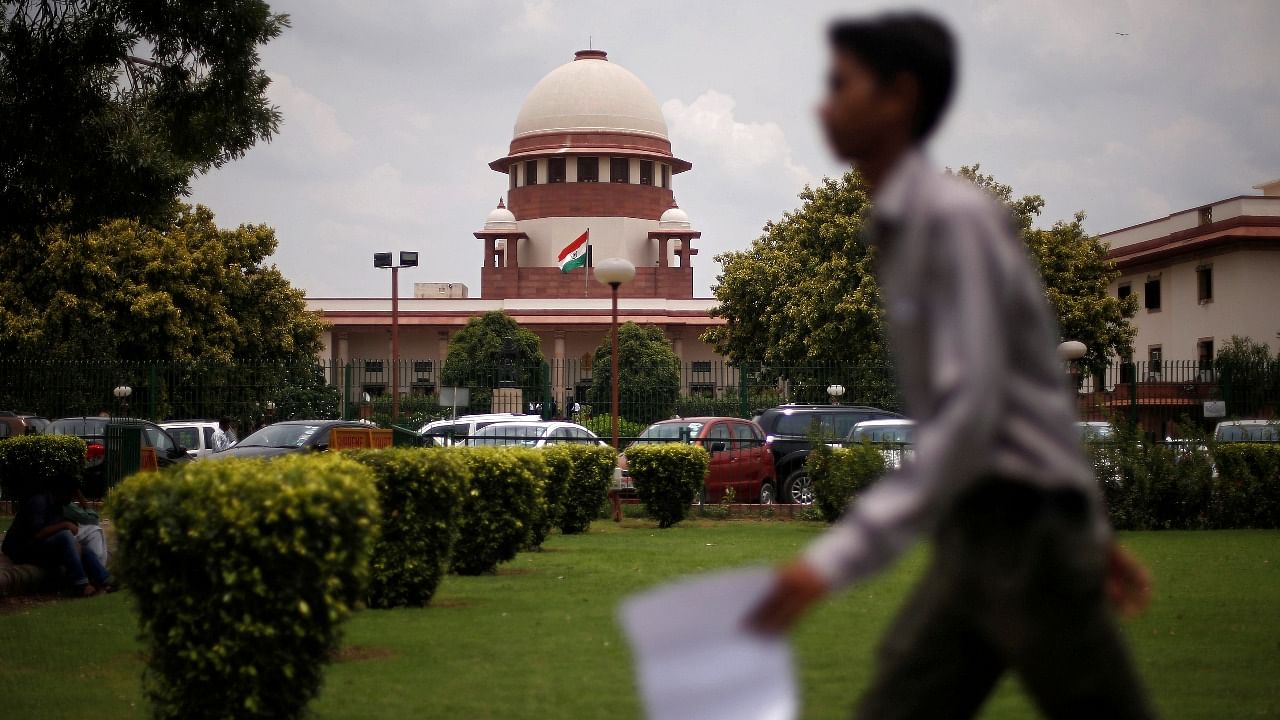
The Supreme Court on Friday expressed reservation with its own 2015 judgement mandating banks to disclose list of defaulters and inspection reports for failing to balance the right to information with the right to privacy.
The top court decided to examine a plea by banks against RBI circulars issued for disclosure of details, under the RTI Act, in accordance with the 2015 judgement.
"Prima facie, we find that the judgement of this court in the case of Jayantilal N Mistry (2015) did not take into consideration the aspect of balancing the right to information and the right to privacy," a bench of Justices B R Gavai and C T Ravikumar said.
The court also noted the right to privacy was declared a fundamental right by a nine-judge bench in the K S Puttaswamy case subsequently in 2017.
The top court rejected preliminary objections raised by advocate Prashant Bhushan and others to a writ petition filed by HDFC and others. Bhushan said RBI was duty bound to furnish all information relating to inspection reports and other materials in terms of the apex court's judgements.
The petitioners challenged the action of the RBI, which issued directions to banks to disclose certain confidential and sensitive information. The banks claimed this is not only contrary to the provisions as contained in the RTI Act, the RBI Act and the Banking Regulation Act, 1949, but it also adversely affects the right to privacy of such banks and their consumers, the court noted.
The RBI issued such directions in view of the decision of this court in the cases of Jayantilal N Mistry Girish Mittal (2019). As such, the petitioners would have no other remedy than to approach this court, the bench pointed out.
Citing Justice Ranganath Misra's words in the case of A R Antulay, that this being the apex court, no litigant has any opportunity of approaching any higher forum to question its decision, the bench said, "The only remedy available to the petitioners would be to approach this court by way of writ petition under Article 32 of the Constitution for protection of the fundamental rights of their customers, who are citizens of India."
The bench also noted banks were not parties to the 2015 judgement and their applications for recall of the decision was rejected on April 28, 2021. However, this court did not foreclose their right to pursue other remedies available to them in law.
The bench also relied upon the top court's decision in Rupa Ashok Hurra case (curative jurisdiction) to point out this had specifically rejected the contention that a writ petition under Article 32 of the Constitution was barred or not maintainable with reference to an issue which was the subject matter of an earlier decision.
